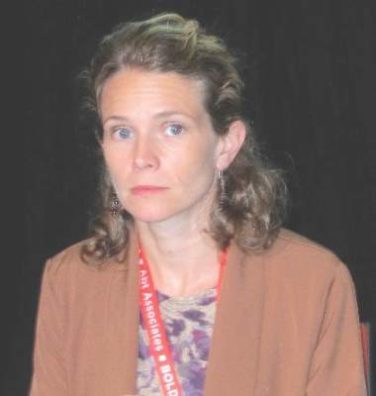FROM LEUKEMIA
Simultaneously blocking two major signaling pathways downstream of the interleukin 7 receptor may benefit some patients with T-cell acute lymphoblastic leukemia (T-ALL).
In a paper published in the September issue of Leukemia (2016;30:1832-43), Kirsten Canté-Barrett, PhD, of Erasmus Medical Center in Rotterdam, the Netherlands, and her colleagues, screened samples from 146 pediatric patients with T-ALL to identify mutations in the IL7Ra gene or in genes encoding downstream signaling molecules JAK1, JAK3, STAT5B, N-RAS, K-RAS, NF1, AKT, and PEN. Mutations were seen in 49% of patient samples. Except for RAS and NF1, the mutations were mutually exclusive, Dr. Canté-Barrett and her colleagues reported, meaning that each may cause aberrant activation of a common downstream target and are therefore “functionally redundant in T-ALL.”
The researchers tested the effect of treating cells with various combinations of MEK, PI3K, and AKT inhibitors, some which remain experimental. When they examined in vitro studies on samples from 11 primary T-ALL patients, they found that combining MEK inhibitors with PI3K or AKT inhibitors “has synergistic cytotoxic effects in leukemic cells carrying mutations at various levels in the IL7R signaling pathway.”
Dr. Canté-Barrett and her colleagues also reported seeing cytotoxic activity in one patient sample without any IL7R pathway mutations, suggesting that this combination of inhibitors may also be toxic to cells without such mutations. The finding of cytotoxic effects warrants “further study of in vitro and in vivo models using leukemic cells from primary and relapsed ALL patients,” the investigators concluded.
The study was funded by the Cancer-Free Children Foundation (the Netherlands), and the European Commission. Two of its authors declared financial relationships with the Netherlands Translational Research Center, which performed the in vitro experiments.




